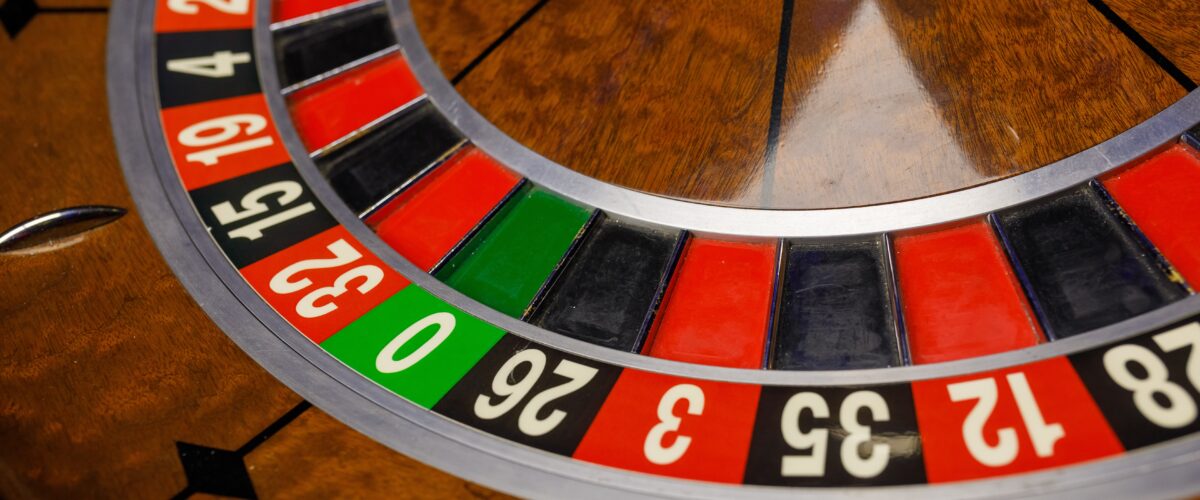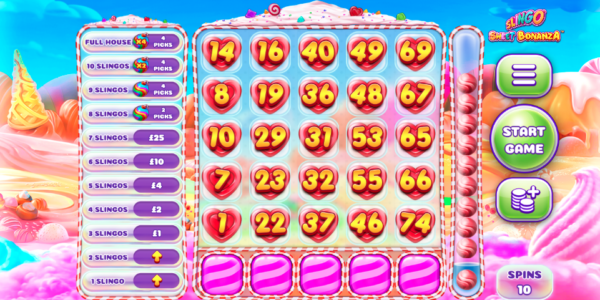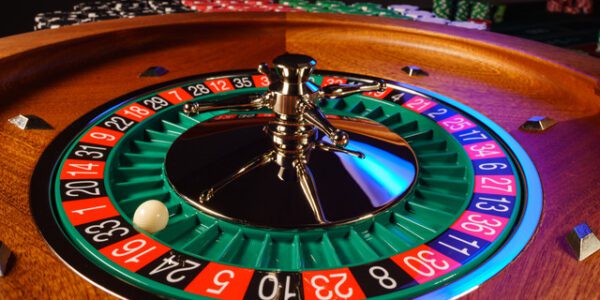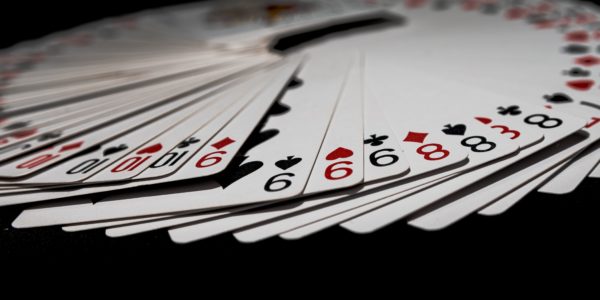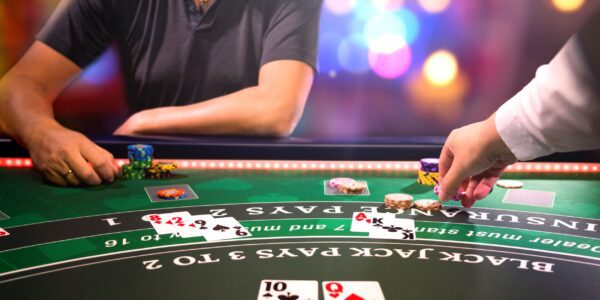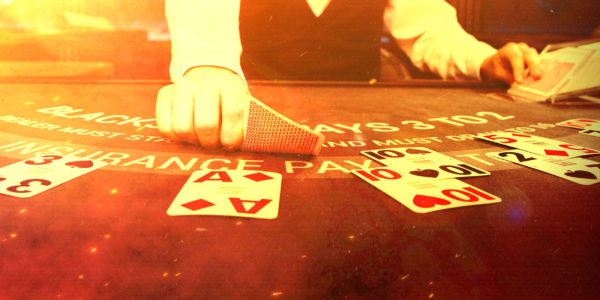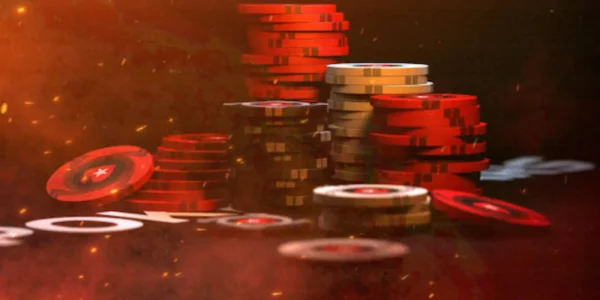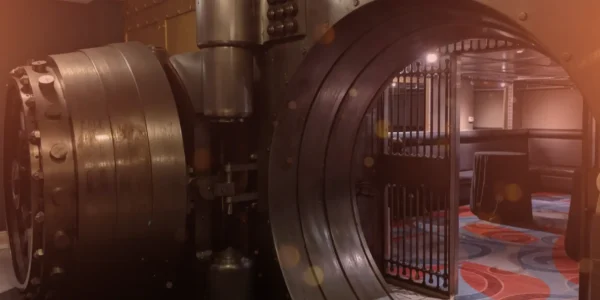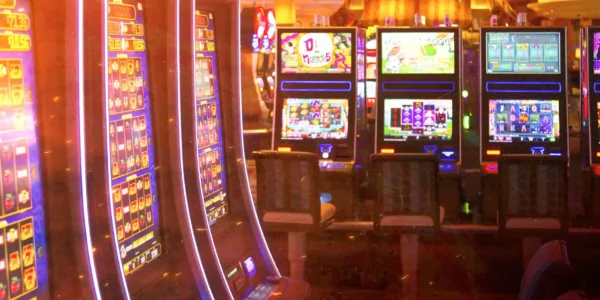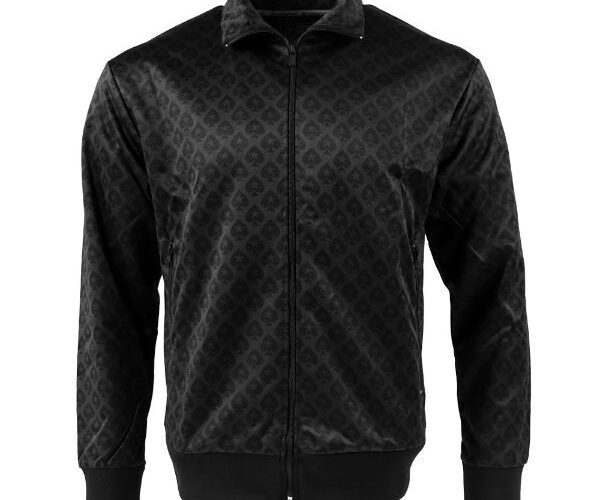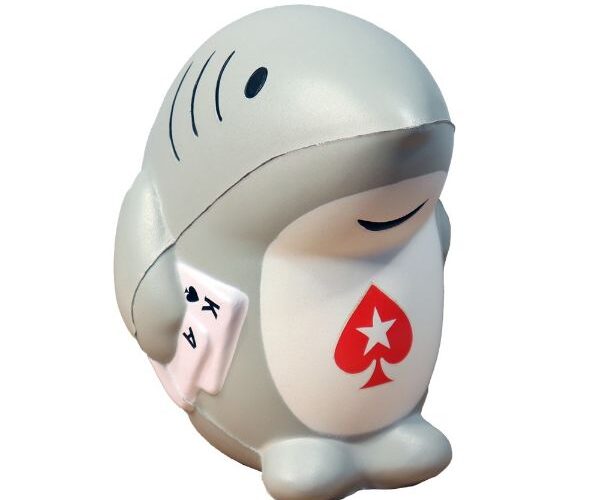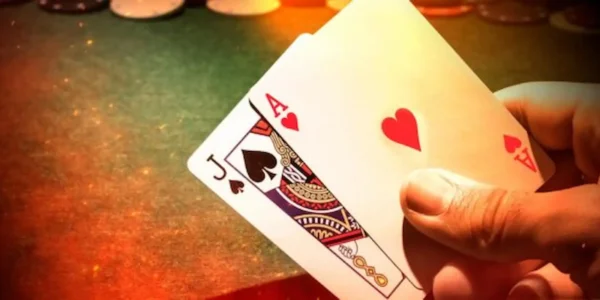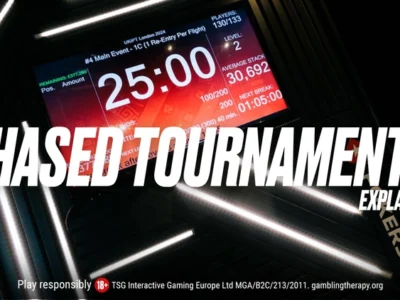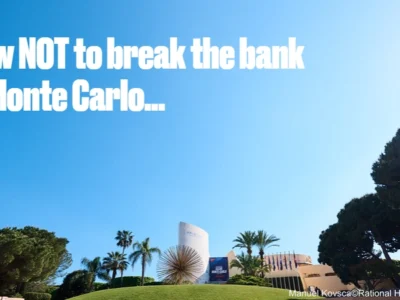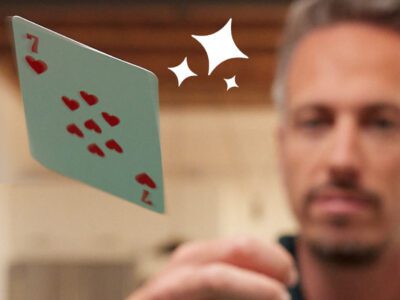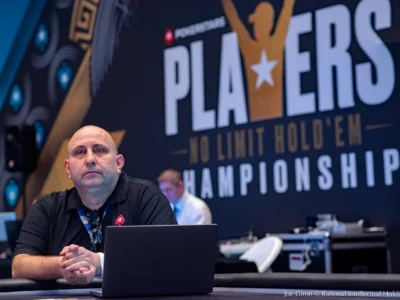What Was London’s First Casino?
Today, finding a place to play a few rounds of roulette or blackjack is easy. You can just whip out your phone or fire up your laptop and head to an online casino, or even travel a few minutes down the road to your local casino. Back in early 19th-century London, that wasn’t the case.
Apart from the fact that there were no computers, no smartphones, and no internet with which to access an online casino; there were no land-based casinos in Britain’s capital city.
That didn’t mean games didn’t take place. King Henry VIII was known for enjoying a flutter every now and then, and Kings Charles II, James II, and William III even employed royal croupiers to organise card and dice games in their residences.
London’s First Casino
The first gaming venue that we would recognise as a casino today appeared in London in 1828. Founded by William Crockford, the Crockfords casino opened inside the gentlemen’s club of the same name.
Located in W1, just a short walk from The Ritz, Hyde Park, Green Park, Buckingham Palace, and Harrods, Crockfords is London’s most lavish casino, in the most exclusive part of the city.
Who was London’s First Casino Owner?
Born in 1776 in London, William Crockford’s rise from fishmonger (a profession he entered, working alongside his father) to a powerful figure in 19th-century high society isn’t a well-trodden path. However, equipped with fantastic mathematical ability, Crockford rose to fame in the gambling world of England’s capital city.
It was the success in that circle that allowed Crockford to take his winnings and open the Crockford’s Club, London’s first casino. He secured an eye-watering £100,000 windfall from a game of Hazard (a dice-based game with links to Craps), which would’ve been worth close to £15 million in today’s money, and used that to fund Crockford’s Club.
There was no expense spared when it came to the interior design, with games conducted in an almost ceremonial type manner with croupiers in formal attire, silver dice cups and crystal lamps. In addition, William Crockford partnered that lavishness with a fine-dining experience, hiring Charles Elmé Francatelli, who once cooked for Queen Victoria, to run the kitchen. Crockford’s Club quickly became the place ‘to be seen at,’ rather than a place to just enjoy a spot of gambling.
Crockford’s rags-to-riches story saw him retire in 1840, four years before his eventual death, with a reported fortune of £1.2million – that would be worth hundreds of millions in today’s market.
Despite his passing in 1844, stories were long told of William Crockford’s ghost remaining a key visitor of his famed location; staff often recalled tales of hearing dice-roll sounds in empty rooms and whispering voices in deserted sections of the club.
Crockford Club’s Games
The game Hazard was what the location was famous for, with rules that we see in the modern-day version Craps, but Hazard was more formalised and complex. Players were referred to as casters, and they’d roll two dice, before picking a number between five and nine. The caster would then roll the dice again, aiming to hit the number they’d previously called out between five and nine. If they succeeded, they’d win, but if they didn’t, it didn’t mean instant defeat, with each outcome having a different tiering of wins and losses – it all got quite complicated!
If the mathematics of Hazard didn’t appeal to you, then players would often opt for the fast-paced and simple Faro. Originating from France in the 18th century, players would bet on cards being revealed from the dealer’s deck.
Duke of Wellington
The hero of Waterloo, the Duke of Wellington as a minimum visited the Crockford’s Club as a guest of William Crockford’s – although some rumours suggest he was a member of the establishment rather than an invitee. It remains unclear whether the Duke of Wellington partook in gambling, however, the very presence of the national icon gave the venue social credibility.
And What About Now?
As of October 2023, the Crockford’s Casino/Club shut its doors permanently, falling just five years short of a historical and remarkable two centuries of entertainment. The unfortunate closing of the establishment occurred primarily due to the enforced COVID-19 pandemic closure, which tore through the tourism and leisure industry.
Hopefully one day someone will reopen the doors and add to the history of William Crockford’s famous destination, but if that isn’t to happen, its legacy will forever remain.

